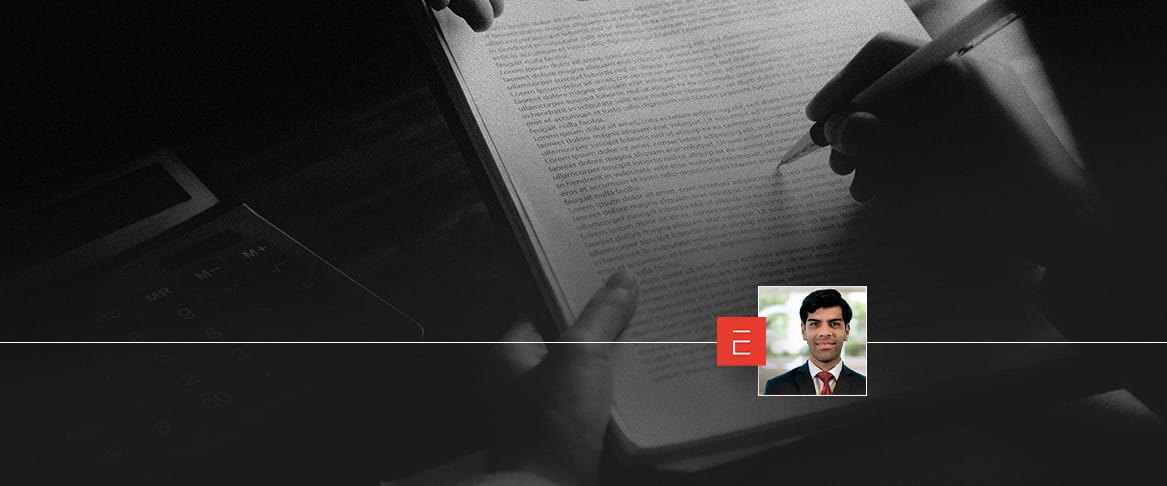Endorsee’s Legal Entitlement to Bring a Causal Action
By Omar Saab
Recently, the Sixteenth Collegiate Court in Civil Matters of the First Circuit (the “Collegiate Court”) issued relevant case law on negotiable instruments, confirming that endorsee’s legal entitlement is entitled to bring a causative action in oral civil proceedings. This decision reinforces the validity of endorsement by proxy as a mechanism for collecting debts and provides greater legal certainty for those seeking to recover debts arising from promissory notes or other negotiable instruments. The key aspects of this case law and their implications for businesses and individuals are detailed below.
Case Law I.16o.C. J/1 C (11a.)
A decentralized public entity filed a civil lawsuit through its endorsee, seeking compliance with a civil loan contract with interest. To prove its legal status, that is, its capacity as endorsee, it presented a promissory note endorsed for collection as evidence. However, the lawsuit was dismissed in the first instance on the grounds that the endorsement was insufficient to prove the plaintiff’s legal status.
The Collegiate Court found this decision incorrect, since the cause of action provided for in Article 168 of the General Law on Negotiable Instruments and Transactions is based on the legal relationship that gave rise to the negotiable instrument and, therefore, must be governed by the rules applicable to its nature. Although the lawsuit is not completely unrelated to the instrument, it remains part of the basis for the action and therefore must be returned to the debtor once the obligation has been satisfied.
In this context, the endorsee by proxy is empowered to exercise this action in civil proceedings, as the Supreme Court of Justice of the Nation, in jurisprudence 1a./J. 95/2005, recognizes him as an agent with the authority to collect the debt. The loss of enforceability of the document does not invalidate the effects of the endorsement by proxy, which maintains its validity for evidentiary purposes.
The criterion referred to here led to jurisprudence I.16o.C. J/1 C (11a.), published on January 3, 2025, entitled: “CAUSE ACTION IN ORAL CIVIL PROCEEDINGS. THE ENDORSEE BY PROCURATION, AS HOLDER OF THE DEBIT AND AGENT FOR COLLECTION, IS ENTITLED TO EXERCISE IT.”
End of form
Practical implications
Recognition of the endorsee’s representation by proxy. It is confirmed that the endorse by proxy may seek judicial collection of debts arising from promissory notes or other negotiable instruments, even when the direct exchange action has expired, since the mandate granted through the endorsement remains valid.
Ease of debt collection: This criterion strengthens the possibility for companies, financial institutions, and creditors to delegate the recovery of their debts to third parties through endorsements by proxy.
Legal certainty in the enforcement of debts: The Collegiate Court’s decision provides certainty to those exercising the causal action, guaranteeing that the negotiable instrument, even if not enforceable, remains valid evidence of the right to collect the debt.
This jurisprudence is mandatory as of January 6, 2025, and constitutes a relevant precedent for the recovery of debts in civil proceedings. Companies and individuals operating with debt instruments should consider this ruling when structuring their collection strategies and legal representation.
If you have questions about how to apply this jurisprudence to your financial transactions, our team of lawyers is available to advise you.
ECIJA Mexico
socios.mexico@ecija.com
+52 55 5662 6840
www.ecija.com





